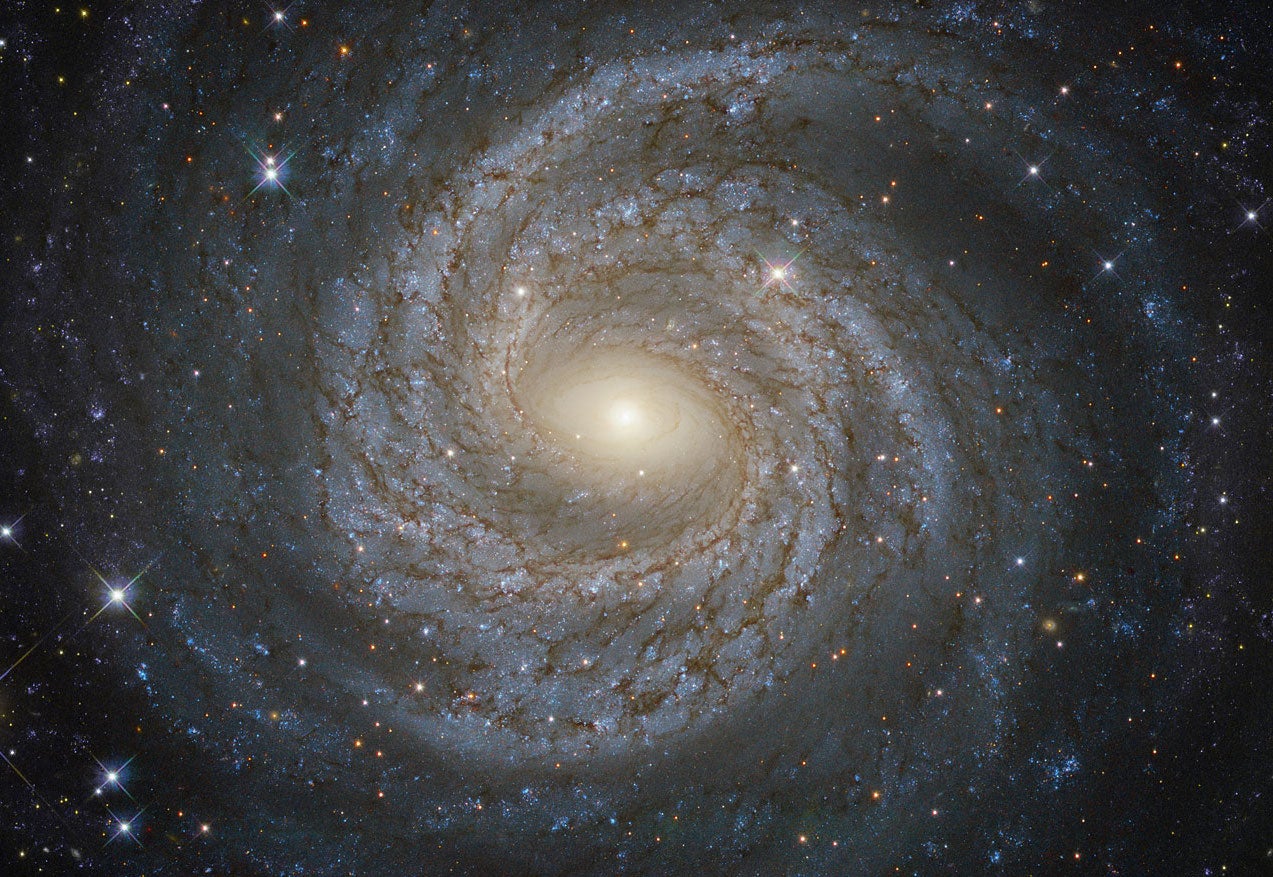Scientists might have discovered a fifth force of nature, changing our whole view of the universe
If the scientists are correct, then the Standard Model of physics could be due a major revision

Your support helps us to tell the story
From reproductive rights to climate change to Big Tech, The Independent is on the ground when the story is developing. Whether it's investigating the financials of Elon Musk's pro-Trump PAC or producing our latest documentary, 'The A Word', which shines a light on the American women fighting for reproductive rights, we know how important it is to parse out the facts from the messaging.
At such a critical moment in US history, we need reporters on the ground. Your donation allows us to keep sending journalists to speak to both sides of the story.
The Independent is trusted by Americans across the entire political spectrum. And unlike many other quality news outlets, we choose not to lock Americans out of our reporting and analysis with paywalls. We believe quality journalism should be available to everyone, paid for by those who can afford it.
Your support makes all the difference.It’s one of the most important parts of physics: there are four fundamental forces in the universe. And it might be completely wrong.
Scientists have said that they may have discovered a new force, not accounted for in the Standard Model, indicating that our view of physics might be entirely wrong.
If the scientists’ claim is correct, then it could have a huge impact on our understanding of the universe and our search for dark matter. It is reported in the journal Physical Review Letters by researchers from the University of California, Irvine.
“If true, it’s revolutionary,” said Jonathan Feng, professor of physics & astronomy at UCI, in a statement. “For decades, we’ve known of four fundamental forces: gravitation, electromagnetism, and the strong and weak nuclear forces. If confirmed by further experiments, this discovery of a possible fifth force would completely change our understanding of the universe, with consequences for the unification of forces and dark matter.”
The data for the new claim comes from a mid-2015 study by experimental nuclear physicists in Hungary. That work was looking for “dark photons” – particles that would be a sign of dark matter, the substance that makes up about 85 per cent of the universe but which we’ve never actually seen.
The scientists, from the Hungarian Academy of Sciences, found a radioactive decay anomaly that seemed to suggest that there was a light particle 30 times heavier than an electron.
That remained something of a mystery to the original scientists.
“The experimentalists weren’t able to claim that it was a new force,” UCI professor of physics & astronomy Jonathan Feng said. “They simply saw an excess of events that indicated a new particle, but it was not clear to them whether it was a matter particle or a force-carrying particle.”
But the UCI scientists looked through the data and showed that the unexplained data didn’t seem to come from matter particles or dark photons. The explanation that seemed to bring together the data was that there is a fifth force, previously unnoticed by scientists.
At the moment, the Standard Model of physics includes only four fundamental forces: gravitational, electromagnetic, strong nuclear, and weak nuclear. They’ve thought to be complete and govern our understanding of the entire universe.
But they will have to do more work before they can say so for sure. The force hasn’t been detected before because it is so weak – and finding it again might be made difficult for the same reason.
“The particle is not very heavy, and laboratories have had the energies required to make it since the ’50s and ’60s,” Professor Feng said. “But the reason it’s been hard to find is that its interactions are very feeble. That said, because the new particle is so light, there are many experimental groups working in small labs around the world that can follow up the initial claims, now that they know where to look.”
Join our commenting forum
Join thought-provoking conversations, follow other Independent readers and see their replies
Comments